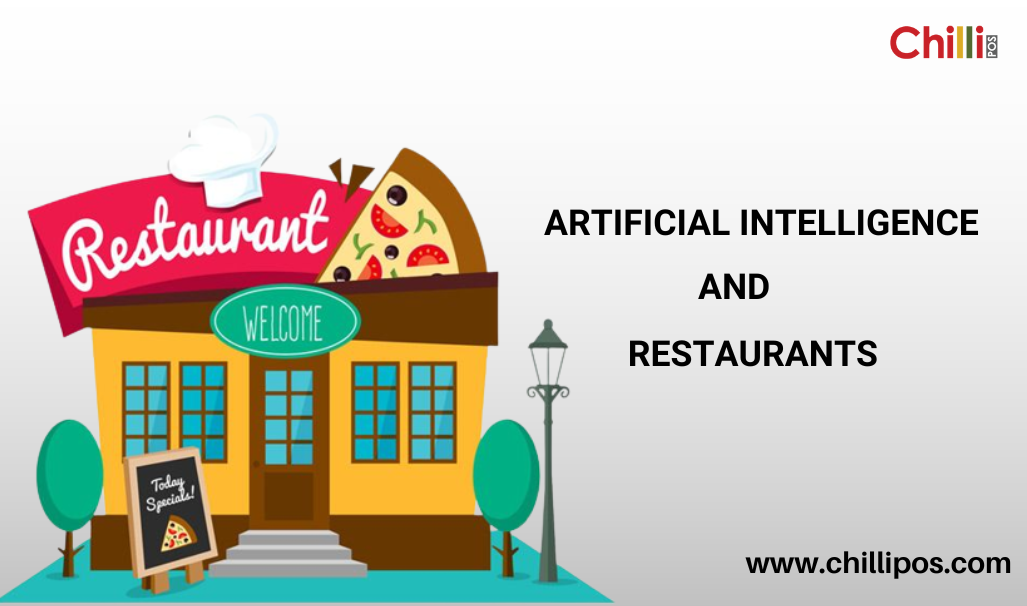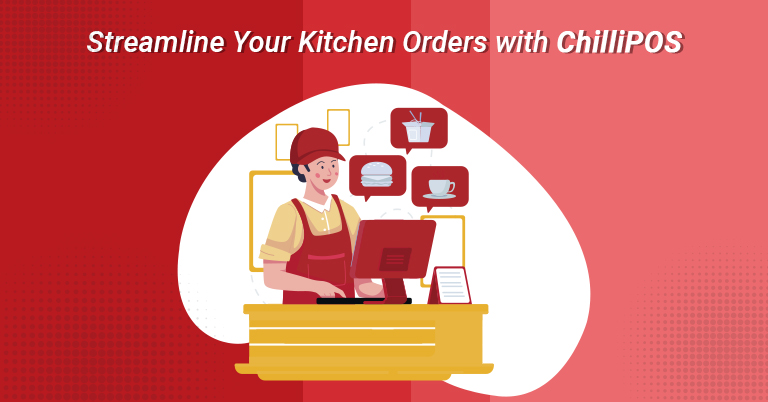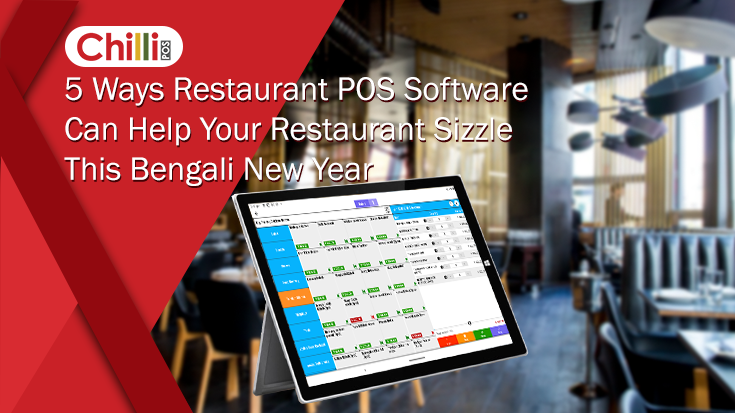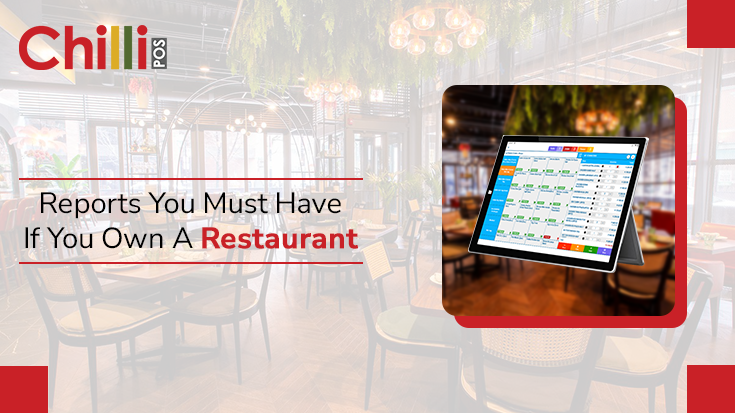Artificial Intelligence and Restaurants: A Recipe for Success?
The restaurant industry, like many others, is now turning to artificial intelligence and machine learning to help optimize its processes and manage operations. AI is redefining customer experiences, creating greater efficiency, and helping manage mundane tasks, so that staff can focus their energy on the customer. Using AI for sales, the customer will get the best pricing, and buyers will benefit from the most cost-effective items. It can help restaurant management software accurately manage delivery and logistics, improving customer satisfaction by guaranteeing timely and efficient deliveries. Meanwhile, with inventory management, restaurants can forecast demand and save inventory costs using AI-driven analytics for wise stocking decisions.
AI is also being used for marketing, helping to provide contextually relevant recommendations to customers and enabling restaurants to reach a larger target audience. It can help queue management by recognizing bottlenecks and alerting the right staff in time to manage them effectively. Additionally, AI makes making decisions based on customer feedback easier, with sentiment analysis aiding restaurants in understanding their customers’ preferences so they can manage better.
Introduction to Artificial Intelligence and its Role in the Restaurant Industry: How AI can contribute to increased efficiency and customer satisfaction.
Artificial intelligence (AI) is revolutionizing the restaurant industry, transforming how restaurants operate and customers experience their visits. AI is used in restaurants to automate manual processes, provide customer insights, increase efficiency and customer satisfaction, and much more.
- By leveraging AI, restaurant POS software in Kolkata can increase efficiency and provide more personalized customer experiences. AI-enabled technologies are already being used in restaurants to automate tasks such as taking orders, analyzing customer preferences, and providing personalized recommendations. AI-powered insights can help restaurants identify customer preferences and trends, optimize menus to maximize profits, and create innovative customer experiences.
- AI can also help restaurants manage their inventory, predict customer demand, and provide personalized marketing campaigns. AI can provide restaurants with a comprehensive view of their customers, enabling them to understand their needs and preferences better.
- AI-powered insights can help restaurants make better staffing, pricing, and operations decisions. As AI advances and becomes more commonplace in the restaurant industry, it will create new opportunities for restaurants to stand out from the competition and provide customers with the most personalized and efficient experience possible.
The Benefits of AI in Restaurants:
AI technology has transformed the restaurant industry, allowing restaurants to streamline the ordering, delivery, and payment processes more quickly and efficiently and increase customer engagement. AI technology can automate order-taking and payment processing, allowing restaurants to more rapidly and accurately fulfill orders. AI can also provide customers personalized experiences, such as tailored menu options, order recommendations, and customization options. AI has also enabled restaurant POS software to increase efficiency and accuracy by utilizing predictive analytics to identify trends and patterns in customer behavior. This allows restaurants to target their marketing campaigns and better serve their customers more effectively.
Additionally, AI can be used to automate the scheduling and staffing of restaurants, as well as to monitor safety and health regulations. AI is also playing a role in helping restaurants improve the customer experience by providing customers with more engaging and interactive elements such as chatbots, virtual assistants, and digital menus. By utilizing AI, restaurants can provide customers with better experiences and keep them returning for more.
AI and Automation:
Artificial intelligence (AI) and automation have become an essential part of the restaurant industry in the age of technological advancement. Automation can help restaurants reduce costs, streamline processes and increase profits.
- One of the critical areas in which AI and automation can help restaurants reduce costs is through labor. The restaurant industry is one of the most labor-intensive industries in the world, and it can be costly to hire and retain employees. Automation can help reduce labor costs by streamlining processes and automating specific tasks. For example, AI can analyze customer data and develop targeted marketing campaigns that require minimal human intervention. Automation can also automate food preparation processes, such as prepping, packaging and cooking.
- AI and automation can also improve efficiency. By automating tasks, restaurant management software in Kolkata can reduce time wasted on mundane tasks and ensure that their processes run smoothly. Automation can also help restaurants identify patterns in customer buying habits and suggest ways to increase revenues. AI can analyze customer data and create personalized menus and promotions tailored to customers’ needs and preferences.
AI and Restaurant Management:
The advancement of Artificial Intelligence (AI) has been a boon to many industries, and the restaurant business is no exception. AI has been advancing restaurant management and making it easier for restaurant owners and managers to make better decisions and manage their businesses more effectively.
Using AI to Gather and Analyze Data:
AI can collect customer data, analyze customer preferences and behaviors, and generate detailed reports to inform decision-making.
Automating Scheduling and Task Management:
AI can automate and manage scheduling tasks, saving restaurant owners and managers time and energy.
Automating Ordering and Inventory Management:
AI can automate the ordering process and track inventory levels, ensuring that restaurant management software in Kolkata maintains the optimal supply level.
Monitor Food Quality:
AI can monitor food quality, ensuring that restaurant POS software maintains its standards and that customers remain satisfied.
Create Market Strategies:
AI can create targeted marketing strategies, reaching potential customers and increasing business.
Optimize Menu Design:
AI can optimize menu design to ensure customers have the best options.
Detect Fraudulent Activity:
AI can detect fraudulent activities and protect businesses from financial losses.
Streamline Payment Processing:
AI can streamline payment processing and make the process faster and more secure.
The Future of AI and Restaurants
Artificial intelligence (AI) in the restaurant industry is ushering in a revolutionary era of efficient and personalized operations. AI-based technologies are increasingly leveraged in restaurants, allowing tasks such as ordering, cooking, and serving food, to be automated and customers to be filled with personalized experiences. AI-based technologies redefine core operational workflows, such as order management and delivery, making the process easier and faster.
AI-based solutions can also provide enhanced insight into customer demands and preferences, enabling restaurant management software to adjust its offerings quickly and effectively. AI-based solutions use machine learning technology to analyze data and draw correlations from customer activity, allowing restaurants to provide highly personalized experiences. Furthermore, AI can simplify complex business processes by providing the necessary data and recommendations to staff, eliminating the need for manual processes that tend to take up significant time.
To summarize, combining artificial intelligence with restaurant POS software in Kolkata is a winning combination. AI can transform the restaurant sector by giving owners unparalleled insight into consumer behavior, allowing them to make better-informed decisions, boost productivity, and create more extraordinary customer experiences. Restaurants implementing AI technology now will be better positioned to compete.







